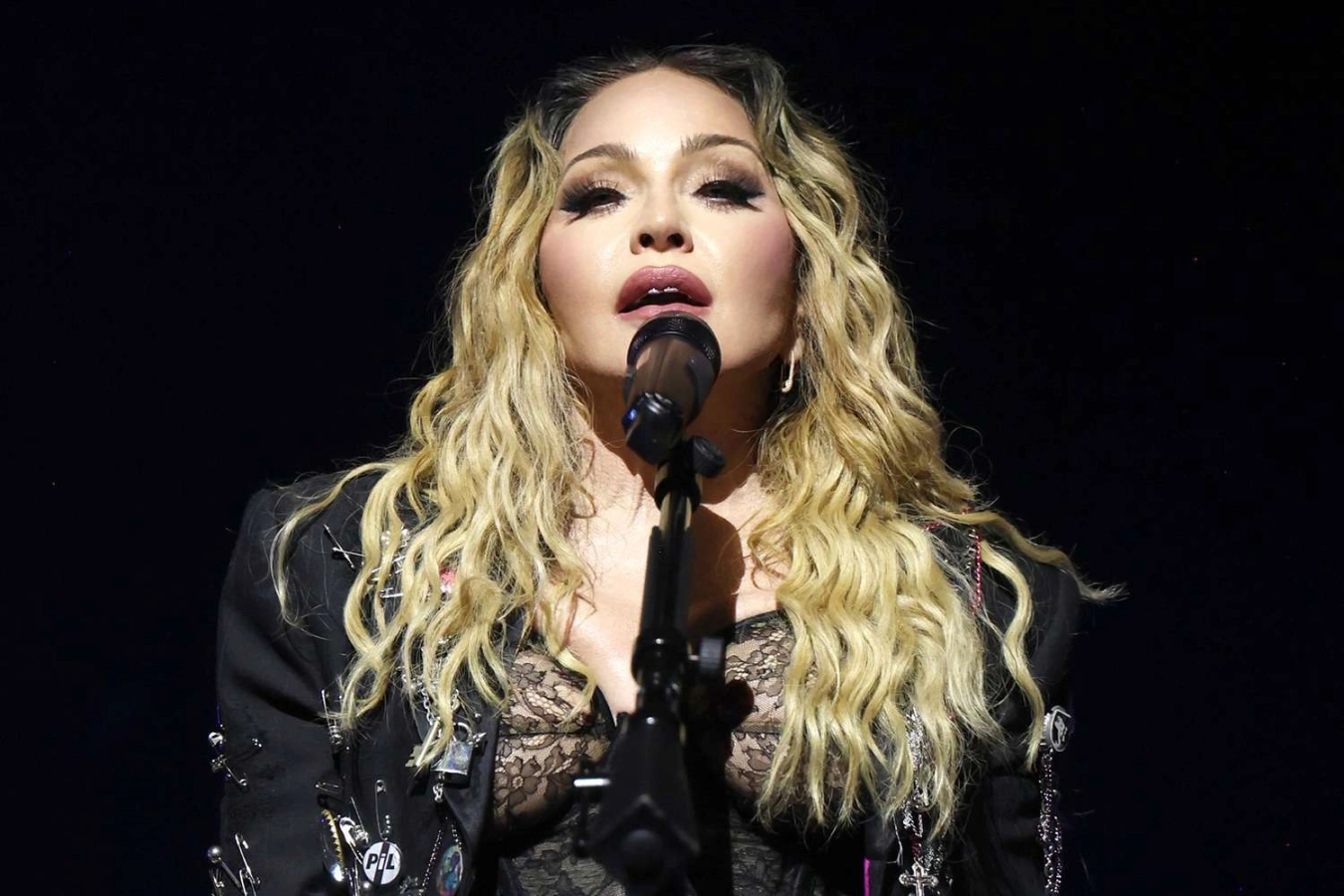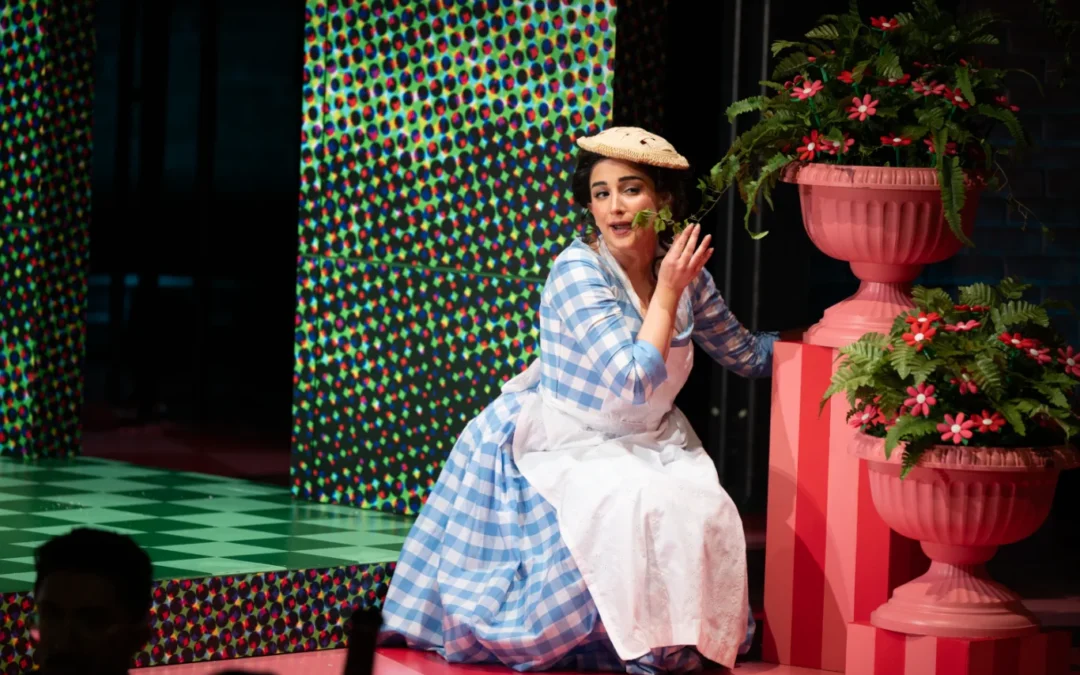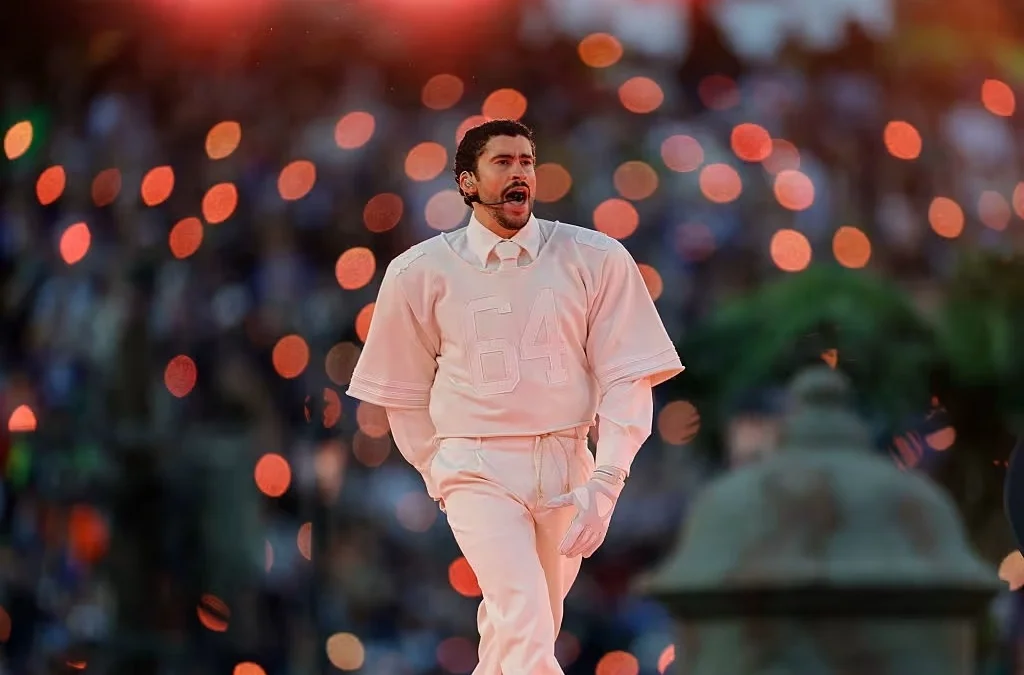In recent months, the entertainment world has been captivated by a high-profile lawsuit filed against Live Nation and Madonna’s management team. The lawsuit stems from an alleged incident during the singer’s much-anticipated Celebration Tour in 2023, where a performance reportedly began hours later than scheduled. Fans, angered by the delay, raised concerns about the impact it had on their plans and expectations, leading to a class-action suit seeking compensation for damages related to the late start.
Live Nation, one of the biggest concert promoters globally, and Madonna’s management team were quick to respond to the legal challenge, claiming that the delay was caused by circumstances beyond their control, and that fans were not entitled to the compensation they sought. The lawsuit, which shines a spotlight on the logistics behind large-scale tours, as well as the responsibilities of artists, promoters, and venues, is just one example of how concert culture has evolved in the digital age, where fans expect instant gratification and flawless experiences.
The Lawsuit: What Happened at the Concert?
The legal dispute erupted after a performance in a major U.S. city during the early stages of Madonna’s Celebration Tour. The show, expected to start at 8:00 PM, did not begin until well after midnight. Fans in attendance were reportedly subjected to extended delays, with little explanation from concert organizers. Those who filed the lawsuit claimed that not only did the wait significantly disrupt their schedules, but it also caused unnecessary inconvenience and frustration, given that many fans had traveled long distances to see the Queen of Pop.
While delays in concert schedules are not uncommon—particularly for major touring artists—the timing of this delay raised eyebrows. The fact that Madonna’s performance was delayed by several hours meant that the show didn’t wrap up until the early hours of the following morning, leaving many fans disgruntled, especially considering the ticket prices for the tour ranged in the hundreds of dollars.
The lawsuit accuses Live Nation and Madonna’s team of breach of contract, claiming that the delay constituted a failure to deliver the service that fans had paid for. Plaintiffs argue that the late start and lack of communication from the production team were not only disappointing but also financially damaging, as they were unable to fully enjoy the concert experience as intended.
The class action claims that fans should be reimbursed for part of the ticket price, or at the very least, receive compensation for the disruption. Given the scale of the tour and the fact that the event had a massive fanbase, the suit garnered considerable media attention. It also raised questions about how concert organizers and artists can manage fan expectations and maintain positive relationships with their audiences in an age of rising ticket prices and a more demanding, digitally-savvy fanbase.
Live Nation’s Defense: Logistics and Control
In response to the lawsuit, Live Nation released a statement addressing the claims. The company emphasized that it had worked closely with Madonna’s management to deliver a high-quality experience to fans, but pointed out that certain circumstances beyond their control contributed to the delay. Live Nation explained that delays on the night of the performance were largely due to unforeseen logistical challenges, such as technical issues with the stage setup and last-minute adjustments to the show’s production.
Live Nation representatives stated that it’s not uncommon for technical difficulties to arise during complex tours like Madonna’s, especially given the scale of her performances, which often include elaborate choreography, visual effects, and an advanced sound system. They also stressed that these challenges, while frustrating, were necessary in order to ensure the safety and quality of the show.
Furthermore, Live Nation’s legal team argued that the lawsuit was based on a misunderstanding of how major concert tours function, emphasizing that delays are sometimes unavoidable, and that ticket sales often stipulate that the starting time is an estimate. According to Live Nation, concertgoers were notified ahead of time about the approximate start time, and any delays were not malicious but rather a consequence of attempting to create an unforgettable performance experience for fans.
While the company denied any wrongdoing, itthey also took the opportunity to reiterate itstheir commitment to providing fans with an extraordinary entertainment experience, even if technical issues occasionally lead to late starts. The company’s legal response outlined that they do not believe fans are entitled to the compensation being sought in the lawsuit, as delays are often common in live performances and are typically covered in the fine print of ticket terms and conditions.
Madonna’s Response: Acknowledging the Challenges
Madonna’s management, too, responded to the allegations, echoing Live Nation’s claims that the delay was due to technical difficulties that needed to be addressed before the show could go on. In a public statement, the singer’s team expressed regret over the inconvenience caused to fans but emphasized that Madonna was committed to giving her best performance despite the setbacks.
While the singer herself did not directly comment on the lawsuit, Madonna’s management team pointed out that the Celebration Tour was an ambitious undertaking, involving numerous moving parts to bring to life the legendary artist’s extensive catalog of music. They mentioned that many of Madonna’s performances require intricate staging, costume changes, and adjustments to sound and lighting to create the immersive experiences her fans have come to expect.
The team also acknowledged that delays do occasionally happen in live performance settings, especially when safety is at the forefront of their decisions. They expressed a strong desire to work with fans, concert promoters, and other stakeholders to ensure the best experience possible moving forward. Madonna’s management reiterated that the artist was deeply committed to her fans, and would continue to strive to deliver memorable, impactful performances throughout the remainder of the tour.
The Larger Debate: Concert Culture and Expectations
This lawsuit has sparked a larger conversation about the evolving expectations of fans and the responsibilities of promoters and artists. With ticket prices for major tours now regularly exceeding $100, and in some cases, even reaching into the thousands for premium seating, fans have become more vocal about what they expect from their concert experiences.
In today’s digital age, where access to entertainment is often instantaneous, many fans have come to expect nothing less than perfection when it comes to live performances. They want their favorite artists to be on time, professional, and ready to entertain at the scheduled hour. However, the reality of producing a major tour is far more complex. From technical glitches to health concerns and logistical challenges, delays and setbacks are sometimes unavoidable, yet managing fan expectations has become increasingly important.
For concert promoters and artists, there is a delicate balance to be struck between delivering the kind of high-quality experience fans desire and managing the complexities that come with putting on a large-scale production. This lawsuit serves as a reminder that even the most seasoned artists and prominent entertainment companies are not immune to criticism and legal action when things don’t go according to plan.
Looking Forward: Will This Change Concert Dynamics?
As this legal battle continues to unfold, the ultimate outcome will likely have lasting implications for the live entertainment industry. If the lawsuit is successful in securing compensation for fans, it could set a precedent for future class-action suits related to concert delays. On the other hand, if the case is dismissed, it could lead to more stringent terms and conditions in ticket sales that could further limit fans’ ability to seek recourse for delays or issues at live events.
Regardless of the outcome, one thing is clear: the entertainment industry must continue to evolve alongside changing expectations. Fans are more than just passive audience members—they are active participants in the cultural conversation surrounding the music and performances they love. AsAnd as long as they continue to demand more from the industry, it will be up to concert promoters, artists, and managers to navigate these expectations with care, communication, and consideration.
In the end, while the lawsuit over Madonna’s Celebration Tour is emblematic of the challenges that arise when expectations and reality collide, it also underscores the importance of maintaining an open dialogue between the industry and its fans, ensuring that both sides understand the difficulties of producing live entertainment and the value of an experience worth the wait.






0 Comments